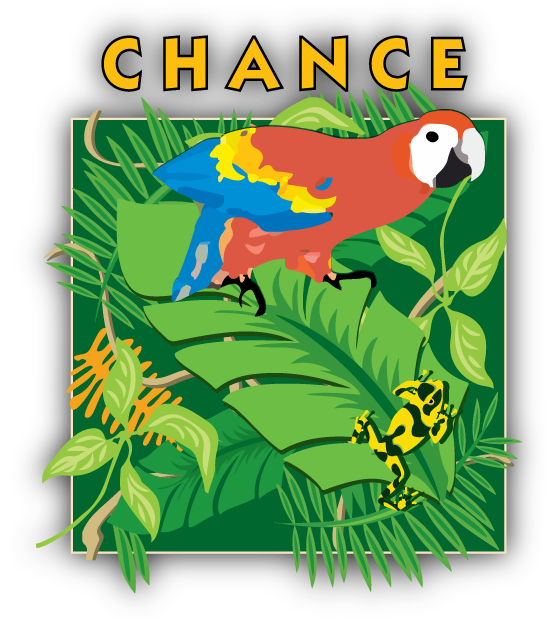Conservation Issues Confronting the Mediterranean Sea and Sustainable Solutions
The Penn State CHANCE Program is a distinctive educational model which combines study abroad with embedded opportunities for undergraduate research in environmental sustainability. The goal of CHANCE is to prepare global-minded citizens who understand the importance of restoring and protecting the biodiversity of our planet's ecosystems, and who are equipped to address the challenges of our time such as energy, air, food, water, and climate change in their lifetimes. Because ecosystems cross national borders, CHANCE strives to define sustainable answers for environmental realities from a global perspective.
Students in this embedded two-course, short-term study abroad program will be engaged in pre-field online work that will introduce them to the fields of conservation biology and sustainability. As such they will engage in readings, class-room discussions, and journal assignments that relate to these disciplines. In the field, students will partake in a Project-based Learning (PBL) project. As such, they will be given the freedom and opportunity to explore a challenging, real-world problem to develop a deeper and more enriched understanding. To accomplish this, participants will venture into physical classrooms and laboratories, and field-based environments to learn from local, national, and international experts, researchers, and faculty about sustainability, conservation, environmental science, marine biology, and international policy and law while they work to unravel the complex anthropogenic pressure of plastic pollution in the Mediterranean Sea. Working in small groups, students will address the following question:
How can we help reduce the amount of plastic pollution in the Aegean Sea?
To answer this specific question, students are required to: devise a plan of action at any level that addresses a select audience(s), and explain their chosen plan in a public product such as a poster, scientific paper, brochure, presentation given to envisioned policy makers, a piece of art, etc.
The bottom line is that students must answer the above question through in-depth inquiry. Final grades will depend on how student groups exhibit and communicate what they have learned in this course while advocating for environmental justice via the United Nations Sustainability Goals (UNSDGs). Importantly, students will be mentored through all aspects of their PBL project and, as such, will be required to complete a series of milestone assignments up until their final presentation of their work (PBL Works, https://www.pblworks.org/what-is-pbl/gold-standard-project-design).
What is Project Based Learning?
Project Based Learning (PBL) is a teaching method in which students learn by actively engaging in real-world and personally meaningful projects. In PBL, the project is the vehicle for teaching the important knowledge and skills students need to learn. PBL incorporates sustained inquiry, authenticity, student voice and choice, reflection, critique and revision, leading to a public product that answers a challenging question.
Greece 2024 Program Partners
*Photos provided courtesy of Archipelagos Institute of Marine Conservation







